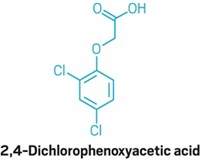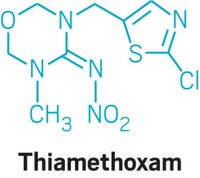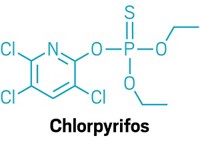Advertisement
Grab your lab coat. Let's get started
Welcome!
Welcome!
Create an account below to get 6 C&EN articles per month, receive newsletters and more - all free.
It seems this is your first time logging in online. Please enter the following information to continue.
As an ACS member you automatically get access to this site. All we need is few more details to create your reading experience.
Not you? Sign in with a different account.
Not you? Sign in with a different account.
ERROR 1
ERROR 1
ERROR 2
ERROR 2
ERROR 2
ERROR 2
ERROR 2
Password and Confirm password must match.
If you have an ACS member number, please enter it here so we can link this account to your membership. (optional)
ERROR 2
ACS values your privacy. By submitting your information, you are gaining access to C&EN and subscribing to our weekly newsletter. We use the information you provide to make your reading experience better, and we will never sell your data to third party members.
Environment
Refuges To Phase Out Pesticides, Modified Crops
by Britt E. Erickson
August 11, 2014
| A version of this story appeared in
Volume 92, Issue 32

National wildlife refuges will phase out the use of neonicotinoid pesticides and genetically engineered crops on their lands by 2016, according to a recent memo from the U.S. Fish & Wildlife Service (FWS). It comes after nearly a decade of pressure from advocacy groups, including the Center for Food Safety and Public Employees for Environmental Responsibility, to ban these pesticides and crops on wildlife refuges. “We have determined that prophylactic use, such as a seed treatment, of the neonicotinoid pesticides that can distribute systemically in a plant and can potentially affect a broad spectrum of nontarget species is not consistent with Service policy,” the memo states. Much of the concern about neonicotinoid pesticides stems from their association with honeybee losses. For the past two years, genetically engineered crops have not been used on wildlife refuges unless they were deemed essential. FWS will stop using such crops to feed wildlife by January 2016, according to the memo. The agency will consider the temporary use of such crops in habitat restoration, however, on a case-by-case basis.





Join the conversation
Contact the reporter
Submit a Letter to the Editor for publication
Engage with us on Twitter